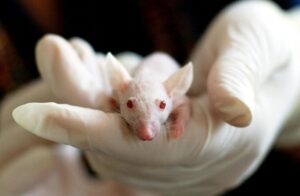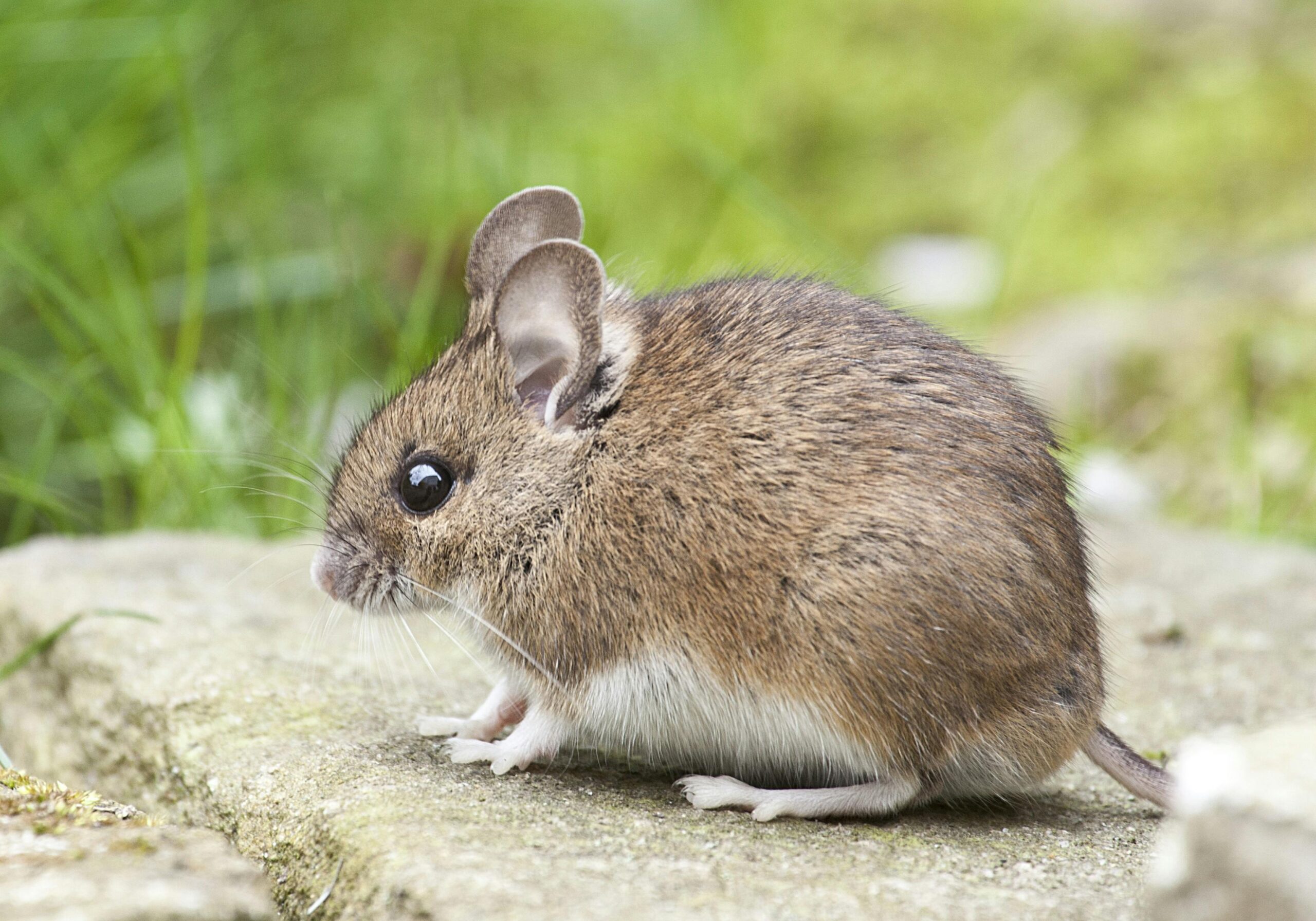Mice are self-grooming animals just like cats, although they have fewer abilities to groom like cats.
They are capable of self-cleaning themselves to keep their body clean except when they are sick or aged.
Their self-grooming behaviors help them stay free from parasites, pathogens, and dirt by using their paws to clean their furs effectively.
They spend significant time self-grooming themselves yet they can have an unpleasant smell and environment.
Why Will A Mouse Smell:
The degree to which a mouse smells depends on their age, size, environment, diet, health, and the extent to which they protect their territory.
Other factors such as the sex of the mice might be a contributing factor to their smell. It is believed that male mice produce a musky smell that they use to mark and defend their territories against intruders.
The accumulation of their urine in marked territories can lead to an unpleasant smell.
Poor Hygiene:

Although mice are self-groomers, they might not necessarily have the dexterity to always keep themselves clean, especially in very humid temperatures and unkept environments.
Age:
Regardless of the sex, young mice have a more stinky smell than aged mice which is a result of adolescence.
In males, the young mice tend to mark their territory more using musky urine to protect themselves from competition and predators.
Meanwhile, aged male miles are more relaxed, confident, and experienced about their territory causing them to mark less with their musky urine.
Diets:
It is no secret some mice including domesticated pet mice do feed themselves from food waste, trash, or in some cases spoiled food.
This method of feeding can lead to illnesses and infestation from parasites which can lead to body odors.
They can also pick up odors from food waste and trash.
Health Issues:
Illness, diseases, open wounds, and infections can cause a foul smell in all animals including mice.
Health issues such as dental infections, skin infections, urinary tract infections, respiratory infections, gastrointestinal issues, etc can lead to awful smells in a mouse.
Dead Mice:
The decomposed or decomposing body of all animals including mice can produce a very strong and unpleasant smell.
Steps To Reduce Your Pet Mouse Smell:
If you just brought a mouse home and you are very concerned about their smell, the first thing to do is surprisingly to give them more time regardless of the sex.
When they are newly introduced to a new environment, they tend to use their urine especially the males to mark territories before they can be relaxed and feel more comfortable.
If you attempt to clean the surroundings at this point because of the smell, they will continue to use their urine to mark their terrorities.
Additionally, there is a high chance your new pet will likely be a young one. Younger mice produce more stinky urine due to adolescence and hormones.
You should allow your new young mouse to grow to adult age after a few months before you can easily if its if it’s their natural smell.
However here are some easy steps to reduce smell and maintain cleanliness.
Use Absorbent Beddings:
You should use high-quality bedding that is absorbent to reduce their smell.
Clean Your Mouse And Change Their Bedding:
Mouse generally do not like water except for drinking. To bathe a mouse, you will have to use a damp warm cloth to gently clean their body.
When cleaning your mouse, be gentle about their sensitive senses such as their eyes, nose, and ears.
Their feet and furs can trap a lot of waste most especially their feet.
After cleaning their body with high priority to their feet and furs, allow them to sun dry before introducing them back to their cage.
Their beddings should be changed, every visible dirt should be removed and their cage should be cleaned.
Provide Fresh Food And Water:
Always ensure to provide fresh food and clean water to your mouse daily.
Contaminated water and foods also contribute to unpleasant smells.
Proper Ventilation:
Always make sure their cage and space have good air-flows to prevent the build-up of any smell after cleaning.
Use Odor Neutralizers:
Cage deodorizers or enzyme cleaners are great pet odor control products to use.
Avoid the use of human scents, perfumes, or air freshers. They are harmful to their respiratory system and can cause airborne disease in your mouse.
Consult with your veterinarian before adding any odor neutralizer to your pet’s enclosure.
Check For Health Issues:

After carrying out all the steps listed here and the odor persists, it might be an underlying health issue.
Health complications such as urinary tract infections, diabetes, dental problems, skin infections, respiratory infections, gastrointestinal problems, tumors, poor grooming, etc.
Consult with a veterinarian as as soon possible.
Mouses are generally clean animals if they are not suffering from any underlying health issues and their environment can be made habitable and free from any smell when regularly cleaned.

